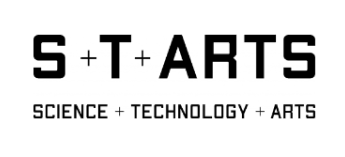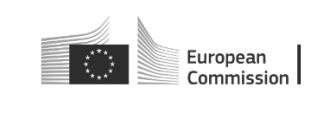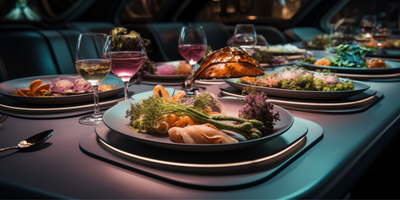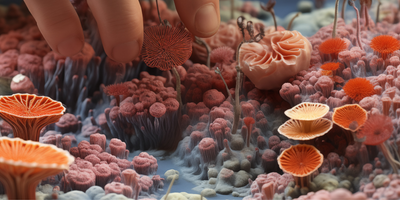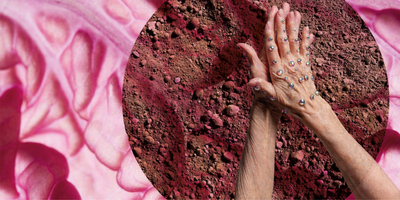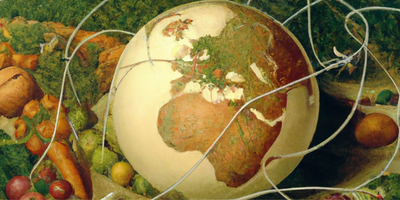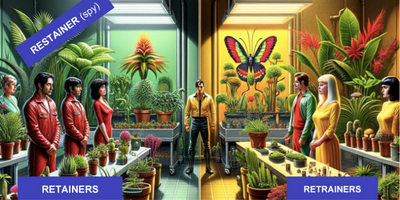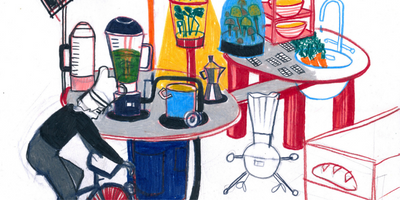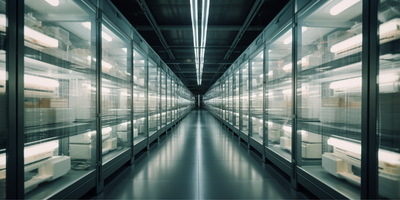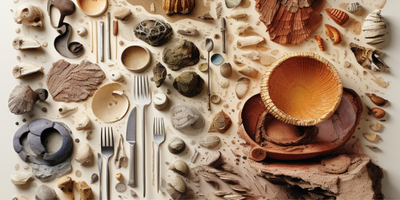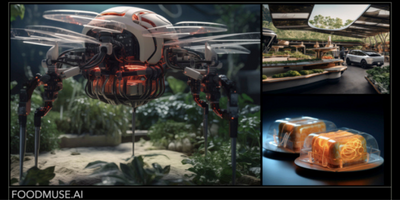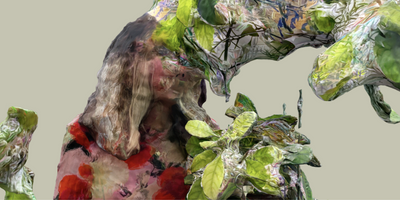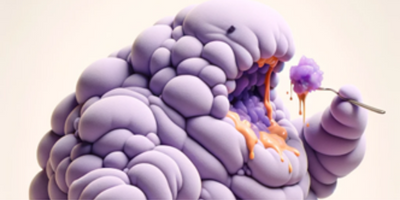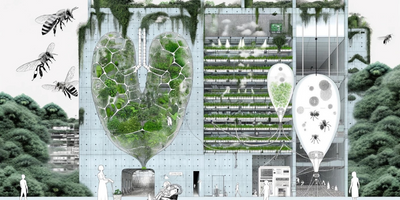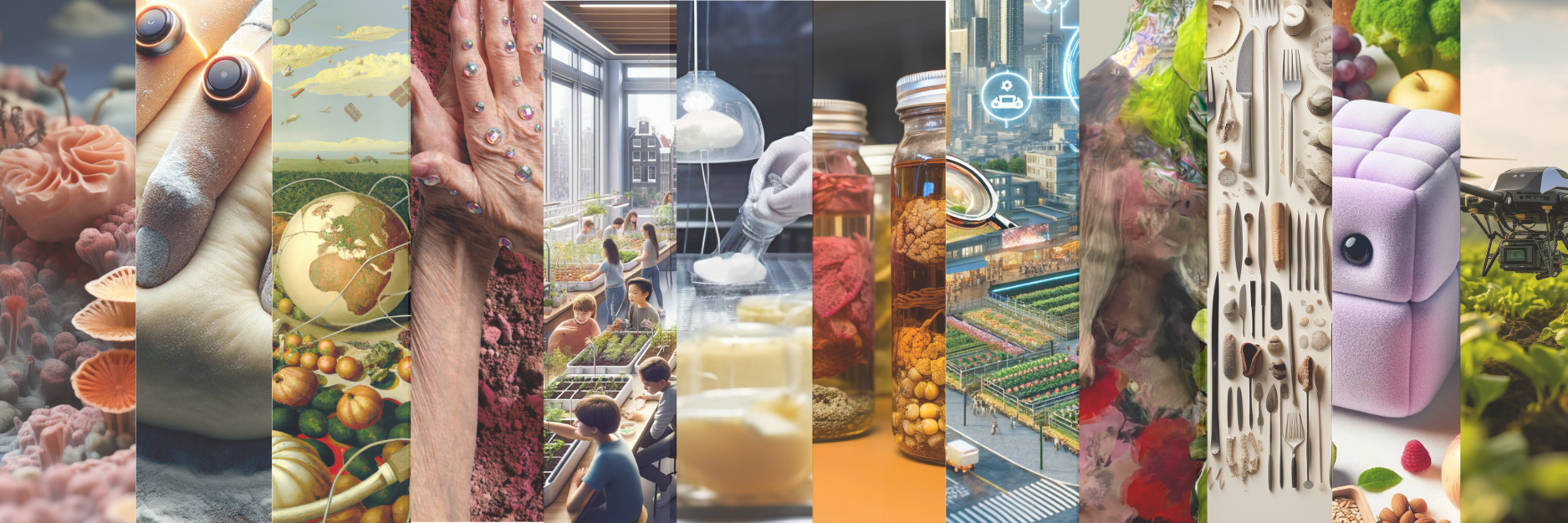
MUSAE Second Open Call For ARTISTS AND SMES – APPLY UNTIL 21ST MAY 2024 (13:00 CET)
Merging Arts and Technology for Future-driven Innovation
MUSAE Second Open Call Webinars
Residency Program
MUSAE is looking for 11 teams* composed of 1 SME and 1 artist who will engage with and apply a Design Futures Art-driven (DFA) method to develop innovative prototypes (TRL5) based on future scenarios deploying digital technologies – AI, Robotics, and Wearables.
*at least 1 team (artist and SME) will be specifically selected from one of the Widening Countries.
MUSAE will support selected teams through a residency, as well as exhibitions and public events during the residency. The program is divided into 2 phases – Concept generation and Prototype building. The program includes funding, training, and access to the expertise of the MUSAE network and consortium. As a result of the residency, the teams will develop prototypes of TRL5 based on the DFA method, which will be presented at the final exhibition in Brussels.
Timeline of the Residency Program

What Do We Offer
MUSAE will select 11 teams (artists and SMEs) that will participate in a residency program where they will develop prototypes of TRL5 based on the Design Futures Art-driven method.
MUSAE will offer the selected teams the following:
- Up to 80 000 EUR as a lump sum grant (of which 24 000 EUR to artist and 56 000 EUR to SME)
- Mentorship and support by the consortium partners (art, design, technologies, and nutrition)
- Access to S+T+ARTs and MUSAE networks and experts
- Participation in exhibitions showcasing the outcomes of the residency
- Visibility through high-impact communication activities to promote art-tech collaboration and innovation
Who Can Apply
MUSAE is looking for proposals from teams consisting of artists and SMEs (See Guide of Applicants for Eligibility criteria).
At least one team will be specifically selected from one of the Widening Countries.
Matchmaking
Are you an artist looking for an SME? Or are you an SME looking for an artist? In collaboration with Enterprise European Network we organized a Matchmaking Platform to give you the opportunity meet your partner for this project. Click here to find more information, register your profile and start looking for collaborators!
What Do We Expect
After signing the agreement, selected teams in the Open Call are expected to produce a prototype of TRL5 by moving from experimental proof of concepts (TRL 3 – Experimental Proof of Concept) to validation in relevant environments (TRL 5 – Technology validated in a relevant environment).
In order to apply for the Second Open Call, the teams are expected to choose one of the future scenarios as a context, which will serve as a starting point to develop concepts and prototypes if selected. In particular, the teams (SME and artist) are invited to submit a proposal consisting of (1) Scenario Exploration: choosing one of the Future Scenarios and exploring it together as a team to identify specific hopes, fears and values they would like to bring forward in this scenario; (2) Brief: creating a brief by identifying a challenge they want to tackle as a team in this scenario, as well as describing a specific opportunity they foresee to respond to the challenge; and finally (3) Feasibility, proving the technological feasibility of the proposal, as well as the expertise of the team.
Explore the future scenarios in detail below. If you click on “EXPLORE THE SCENARIO IN DETAIL” you can find trends and elements of the scenario that can inspire you further.
MUSAE 2ND OPEN CALL – 12 FUTURE SCENARIOS
